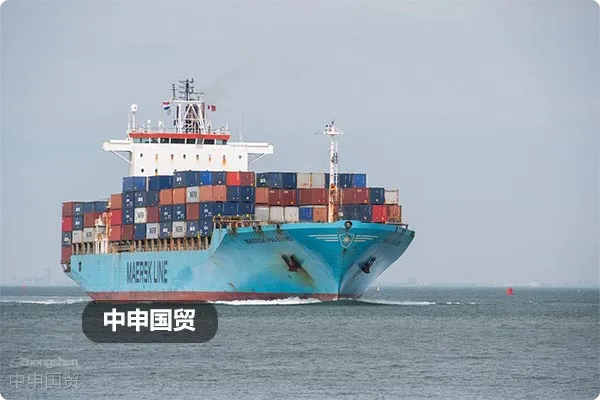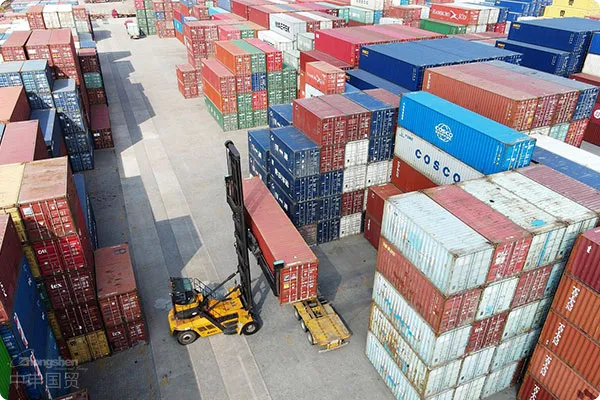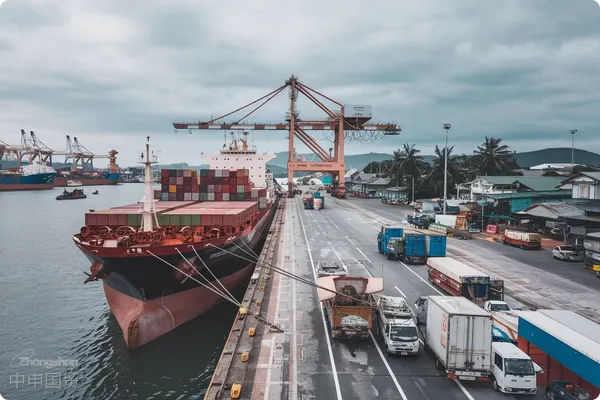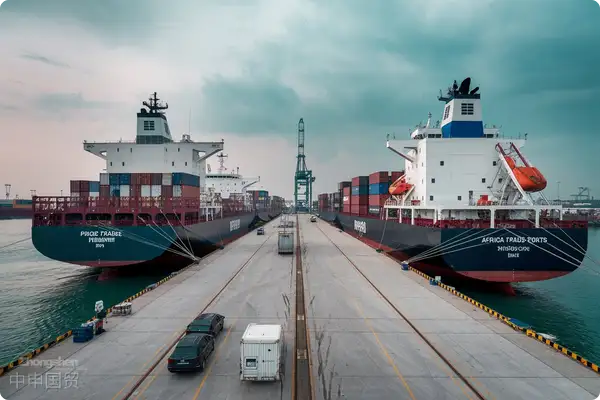- Shanghai Zhongshen International Trade Co., Ltd. - Two decades of trade agency expertise.
- Service Hotline: 139 1787 2118
When dealing with customs auctions and subsequent expense deductions, the key is to understand the legal responsibilities of all parties and the order of expense settlement. The key issues here involve the distribution of funds after the auction and the priority of expenses.
Distribution of expenses after customs auction
Purpose of customs auction: Customs auctions are usually carried out to recover public expenses incurred due to the detention of goods, including port charges, warehousing charges, etc. These expenses usually accumulate due to the failure of the goods to be cleared in a timely manner.
Use of auction revenue: The revenue obtained from the auction is first used to pay the relevant fees of the customs and the port. This includes warehousing fees, late fees, and other possible expenses incurred due to the detention of goods.
Handling of the remaining amount: If there is a remaining amount after the auction, this part of the money should theoretically be returned to the original owner of the goods, that is, the consignor. Whether this part of the money can be used to pay the container demurrage charges depends on relevant legal regulations and the specific agreements of the parties involved.
Handling of container demurrage charges
Nature of the fee: Container demurrage charges are additional charges imposed by shipping companies for the use of their containers beyond the scheduled time. This kind of fee is usually independent of whether the goods are successfully cleared, but is based on the length of time the container is rented.
Payment responsibility: The responsible party is usually the shipper or consignee of the goods, depending on the transportation contract or trade terms. In most cases, this is a contractual obligation directly related to the shipping company.
Negotiated settlement: If the remaining amount after the customs auction is not enough to cover all the expenses, or according to legal regulations, it cannot be used to pay the container demurrage charges, then this part of the expenses needs to be resolved through negotiation with the shipping company. In some cases, the shipping company may agree to waive part of the fees or allow installment payments.
Suggested operations
(1) Legal consultation:It is recommended to consult a professional legal advisor to understand the local Greek laws regarding the use of customs auction revenues and the legal responsibilities for container demurrage charges.
(2) Negotiation with the shipping company:Take the initiative to communicate with the shipping company, explain the situation, and seek the possibility of fee reduction or deferred payment.
(3) Contract review:Review the contract terms with the shipping company and the seller of the goods to confirm the responsible party for the demurrage charges and the payment conditions.
Through the above measures, the complex cost issues arising from the detention of goods can be managed and addressed more reasonably.

Related Recommendations
? 2025. All Rights Reserved. Shanghai ICP No. 2023007705-2  PSB Record: Shanghai No.31011502009912
PSB Record: Shanghai No.31011502009912










